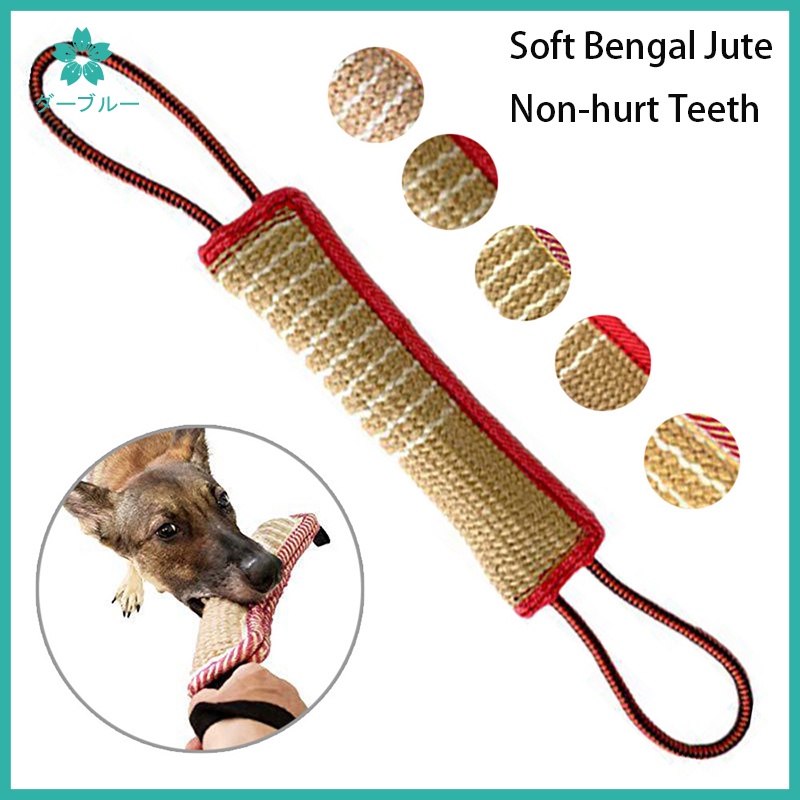
Preventing Destructive Chewing: Effective Dog Training Tips for Filipino Pet Owners
Introduction:
Welcoming a new dog into your home is an exciting experience, but it also comes with challenges, particularly when it comes to preventing destructive chewing behavior. In the Philippines, where dogs are valued members of the family, it’s essential for pet owners to understand how to address this issue effectively. This comprehensive guide aims to provide Filipino pet owners with practical and effective dog training tips to prevent destructive chewing behavior in their furry companions and promote a harmonious household environment.
Understanding the Root Causes of Destructive Chewing:
Dogs engage in destructive chewing behavior for various reasons, including teething, boredom, anxiety, or lack of appropriate outlets for chewing. By understanding the underlying reasons behind this behavior, pet owners can implement targeted strategies to address it effectively. For example, providing teething toys for puppies or engaging in interactive play sessions can help redirect their chewing behavior onto more appropriate items.
Cultural Influences on Chewing Behavior in Filipino Dogs:
Cultural attitudes towards chewing behavior in the Philippines may influence how pet owners perceive and address it. For instance, some may view chewing as a sign of disobedience or disrespect, leading to punitive measures that may exacerbate the problem. However, it’s essential to recognize that chewing is a natural behavior for dogs and should be addressed using positive reinforcement techniques rather than punishment.
Creating a Puppy-Friendly Environment to Prevent Chewing:
Creating a puppy-friendly environment is crucial for preventing destructive chewing behavior. This includes puppy-proofing the home by removing hazardous items and providing a variety of safe and stimulating chew toys and alternatives. For example, offering frozen Kong toys stuffed with treats can keep puppies entertained and satisfy their chewing instincts.
Positive Reinforcement Training Techniques for Chewing Prevention:
Positive reinforcement training techniques are highly effective for preventing destructive chewing behavior. By rewarding desired behaviors, such as chewing on appropriate toys, pet owners can encourage their dogs to engage in more desirable chewing habits. Consistency and patience are key when implementing these techniques, as it may take time for dogs to learn which behaviors are acceptable.
Providing Appropriate Chew Toys and Alternatives:
Providing a variety of chew toys and alternatives is essential for preventing destructive chewing behavior. Dogs have individual preferences when it comes to chew toys, so offering a selection of textures and shapes can help keep them engaged. Additionally, rotating toys regularly can prevent boredom and maintain their interest in chewing on appropriate items.
Consistency and Patience in Correcting Chewing Behavior:
Consistency and patience are crucial when correcting chewing behavior in dogs. It’s essential for pet owners to respond calmly and consistently to instances of inappropriate chewing, redirecting their dog’s attention onto more suitable items. Punitive measures such as scolding or physical corrections are ineffective and may damage the owner-dog bond.
Addressing Separation Anxiety and Boredom-Related Chewing:
Separation anxiety and boredom are common triggers for destructive chewing behavior in dogs. To address these underlying issues, pet owners can implement strategies such as gradual desensitization to alone time, providing mental stimulation through puzzle toys or food-dispensing toys, and ensuring their dog gets plenty of exercise and attention.
Seeking Professional Assistance for Severe Chewing Problems:
In severe cases where destructive chewing behavior persists despite efforts to address it, pet owners may need to seek professional assistance from a certified dog trainer or behaviorist. These professionals can conduct a thorough assessment of the dog’s behavior and provide personalized guidance and support to address the underlying causes of the problem.
Incorporating Exercise and Mental Stimulation to Reduce Chewing:
Regular exercise and mental stimulation are essential for reducing chewing behavior in dogs. Ensuring dogs receive adequate physical exercise through daily walks, play sessions, and interactive games can help expend excess energy and reduce boredom-induced chewing. Similarly, providing mental stimulation through training exercises, puzzle toys, or scent games can keep dogs mentally engaged and less likely to engage in destructive chewing.
Monitoring Progress and Adjusting Training Strategies:
Monitoring progress and adjusting training strategies as needed are essential components of addressing destructive chewing behavior. Pet owners should track their dog’s behavior patterns, identify triggers for chewing, and adapt their training techniques accordingly. By remaining patient, consistent, and proactive, pet owners can effectively prevent destructive chewing behavior and promote a harmonious relationship with their furry companions.
Conclusion:
In conclusion, preventing destructive chewing behavior in dogs requires a multifaceted approach that addresses the underlying causes of the problem while promoting positive and appropriate chewing habits. By understanding the root causes of chewing behavior, creating a puppy-friendly environment, implementing positive reinforcement training techniques, and addressing underlying issues such as separation anxiety and boredom, Filipino pet owners can effectively prevent destructive chewing behavior and foster a happy and balanced relationship with their dogs. With patience, consistency, and proactive training, every dog has the potential to become a well-behaved and well-adjusted member of the family.
No Comments Yet